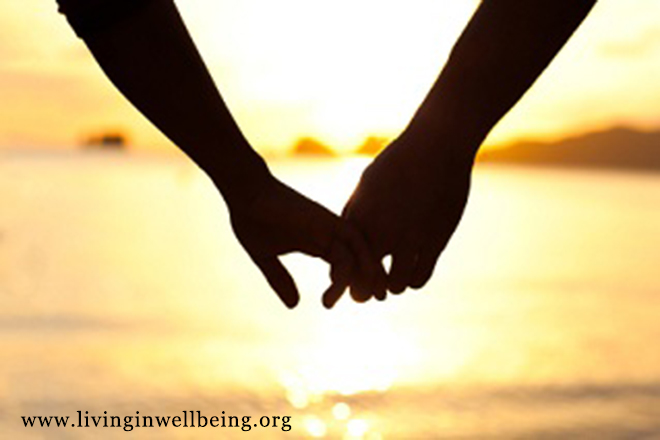
Social scientists have been struggling for years to measure self-esteem. It turns out to be a rather elusive concept. In some measures, people high in narcissism, an immature form of self-love that essentially does not allow for the needs and feelings of others to be taken into account, score high on self-esteem. In other measures, people who pretend to have high self-esteem while actually harboring serious self-doubt and a sense of insecurity or worthlessness may score quite high in their attempt to defend their egos from insult. When we look instead at the concept of "unconditional self-acceptance", not only does the measurement become simpler, but the concept turns out to be highly useful in therapy. It turns out that seeking self-esteem can be a life-long pursuit and that changes in one's circumstances tend to lower one's self-esteem, whereas unconditional self-acceptance, once defined and achieved, is stable over time. Thus, it is my contention that pursuing unconditional self-acceptance is a heartier and more useful concept than pursuing high self-esteem.
Acceptance Precedes Change
It is important to question whether this represents taking the easy way out. Am I selling my clients short by encouraging them to accept themselves as they are? Are they likely to stop growing and changing as soon as they accept themselves with those extra 20 pounds or the fact that they sometimes yell at their kids or the fact that they are chronically unemployed? Interestingly, no. It turns out that accepting a situation is the first step in achieving power over it. Thus, until you are able to look in the mirror and accept that holiday weight or confront the fact that you yelled at the kids again today or that you lost your third job this month, you are powerless to make a lasting change in your behavior. Unconditional self-acceptance does not mean resigning yourself to the status quo, but rather accepting things as they are with an eye toward improving what you can. Unconditional self-acceptance means accepting your SELF, though not necessarily condoning every behavior you perform. YOU are the same human being, fallible, imperfect, unratable, whether you weigh 140 or 160, though you might prefer the behavior of controlling your intake of food to the behavior of overeating. You are not in any way "bad" for choosing overeating over self-control, nor will you be "good" after you have lost the extra weight. Many people indeed end up engaged in self-hatred when they fail to achieve a goal or series of goals. Amazingly, when individuals stop rating themselves, but only their behaviors, they become less afraid to take responsibility for their choices and behaviors, since each behavior does not condemn them to some global label of "badness" or "worthlessness". They become much more able to change and grow.
Article Source : http://www.centerforconsciousliving.com/usa












